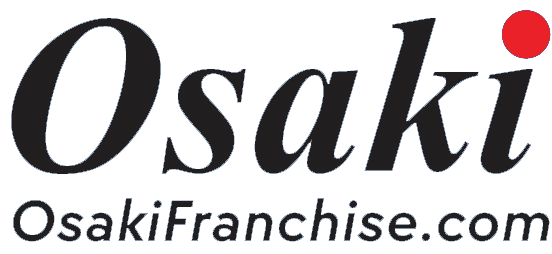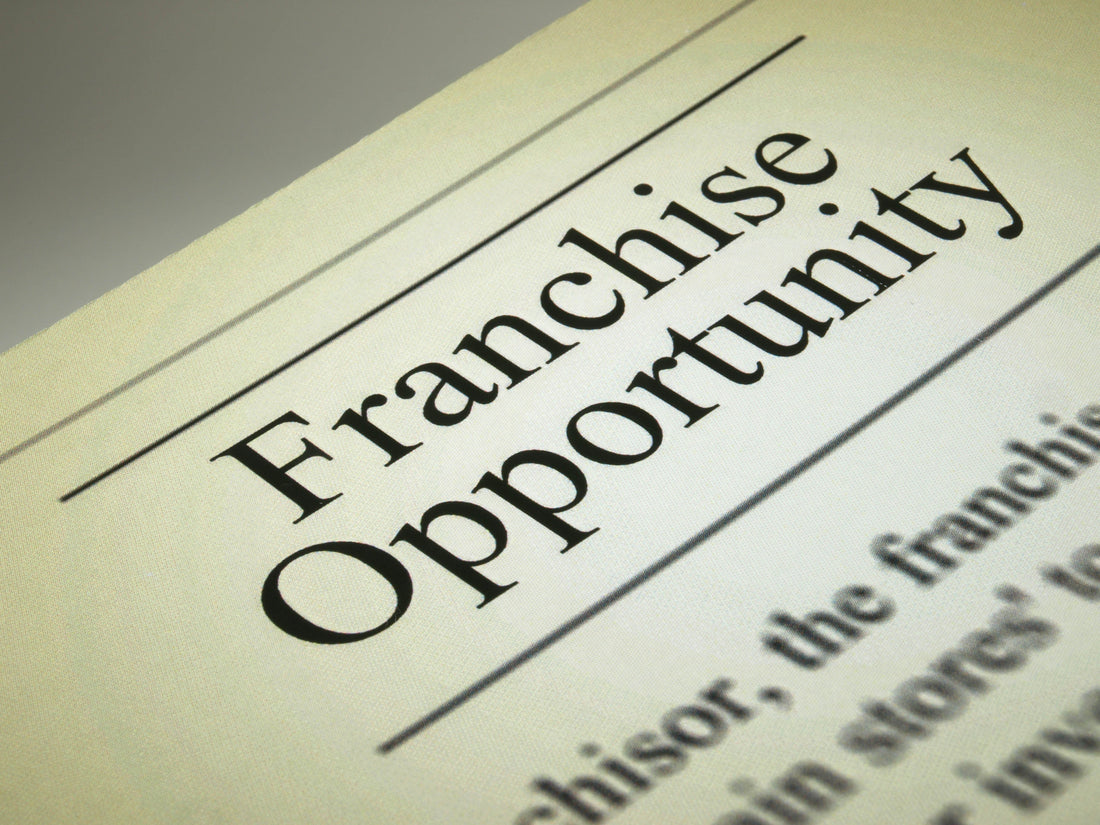If you’ve been researching franchise opportunities, you’ve probably noticed terms like best affordable franchises and best cheapest franchises used interchangeably. At first glance, they may seem the same both imply low-cost entry into the business world. But when it comes to building a profitable, long-term venture, there’s a big difference between “affordable” and “cheap.” Understanding this distinction can mean the difference between a thriving business and a financial headache.
Common Confusion Between “Affordable” vs. “Cheap” Franchises
For aspiring entrepreneurs, cost is often the first factor considered. Everyone wants a low upfront investment, but chasing the cheapest option isn’t always smart. While best cheapest franchises might promise entry at rock-bottom prices, they often lack support, scalability, or long-term value. On the other hand, the best affordable franchises strike a balance offering a reasonable investment with solid infrastructure and profit potential.
In short:
- Affordable franchises = smart investment for sustainable growth.
- Cheapest franchises = minimal entry cost, often higher risks.
Defining Affordable vs. Cheapest Franchises
What Is an Affordable Franchise?
An affordable franchise provides entrepreneurs with a low-to-moderate entry cost while still offering:
- Comprehensive training and support
- Recognized branding
- Systems that simplify operations
- Scalability for future growth
In this case, affordability doesn’t mean “cheap.” It means the investment is within reach for most entrepreneurs and comes with strong earning potential.
What Is the Cheapest Franchise?
The best cheapest franchises usually emphasize the lowest possible cost of entry. While the low barrier may be attractive, these models often:
- Lack franchisor guidance
- Struggle with weak or unknown branding
- Require hidden or ongoing expenses not disclosed upfront
- Have uncertain or inconsistent revenue potential
For some, cheap franchises can be stepping stones. But for those looking for stability, they may not be the best franchise to buy.
The Risks of Choosing Only the Cheapest Option
While the best cheapest franchises may sound appealing, there are hidden pitfalls.
-
Poor Support Systems
Many ultra-low-cost franchises don’t provide extensive training or marketing support, leaving new owners to figure things out on their own. -
Low ROI
Without strong consumer demand or brand recognition, returns may be slow or minimal. -
Hidden Costs
Cheaper doesn’t always mean cheaper in the long run. You might face surprise costs for inventory, licensing, or marketing. -
Lack of Scalability
Cheapest franchises often can’t grow beyond a single unit, limiting long-term wealth-building potential.
Why Affordable Franchises Offer Long-Term Value
The best affordable franchises create opportunities for steady growth and consistent income. Here’s why they’re smarter investments compared to the cheapest options:
- Steady Income Potential: Affordable franchises often have a proven customer base and consistent demand.
- Brand Recognition: A well-known brand provides instant credibility and built-in trust, saving you years of trying to establish a reputation.
- Operational Support: From training to technology, franchisors provide tools to help you succeed.
- ROI Stability: Even if the upfront investment is slightly higher, affordable franchises often provide faster payback periods and better long-term returns.
Think of it this way: “Cheap” is about price, while “affordable” is about value.
Examples of Affordable & Reliable Franchise Options
1. Osaki
Osaki is a standout in the conversation about best affordable franchises. With low-risk entry, comprehensive support, and strong demand for its innovative services, Osaki is both affordable and sustainable. It’s not the “cheapest,” but it delivers long-term profitability, making it a contender for the best franchise to buy in 2025.
2. Cleaning, Fitness, and Service Brands
Service-based franchises, such as residential cleaning, boutique fitness studios, and personal wellness services, often strike the perfect balance between affordability and profitability. They have recurring customer bases, require relatively low overhead, and provide steady revenue streams.
3. Tech-Driven Franchises
As digital solutions continue to grow, tech-oriented franchises (like IT services, digital marketing support, or automation tools) are becoming affordable ways to tap into a booming market. These opportunities provide strong scalability and appeal to a wide customer base.
These categories represent the best affordable franchises for entrepreneurs who want more than just a low entry price, they want stability and growth.
The Future Belongs to Affordable, Not Just Cheap
When choosing a franchise, it’s important to remember that the best cheapest franchises aren’t always the smartest investments. While low upfront costs may seem attractive, they often come with risks like poor support, hidden expenses, and low returns. On the other hand, the best affordable franchises balance reasonable entry costs with long-term stability, brand recognition, and strong ROI.
Entrepreneurs looking for the best franchise to buy in 2025 should focus less on rock-bottom prices and more on sustainable value. Brands like Osaki Franchise, along with trusted service-based and tech-driven franchises, provide a solid foundation for long-term success.
Don’t just think about what you can afford today. Think about what will keep you profitable tomorrow. Choose affordable, not just cheap and build a business that lasts.

